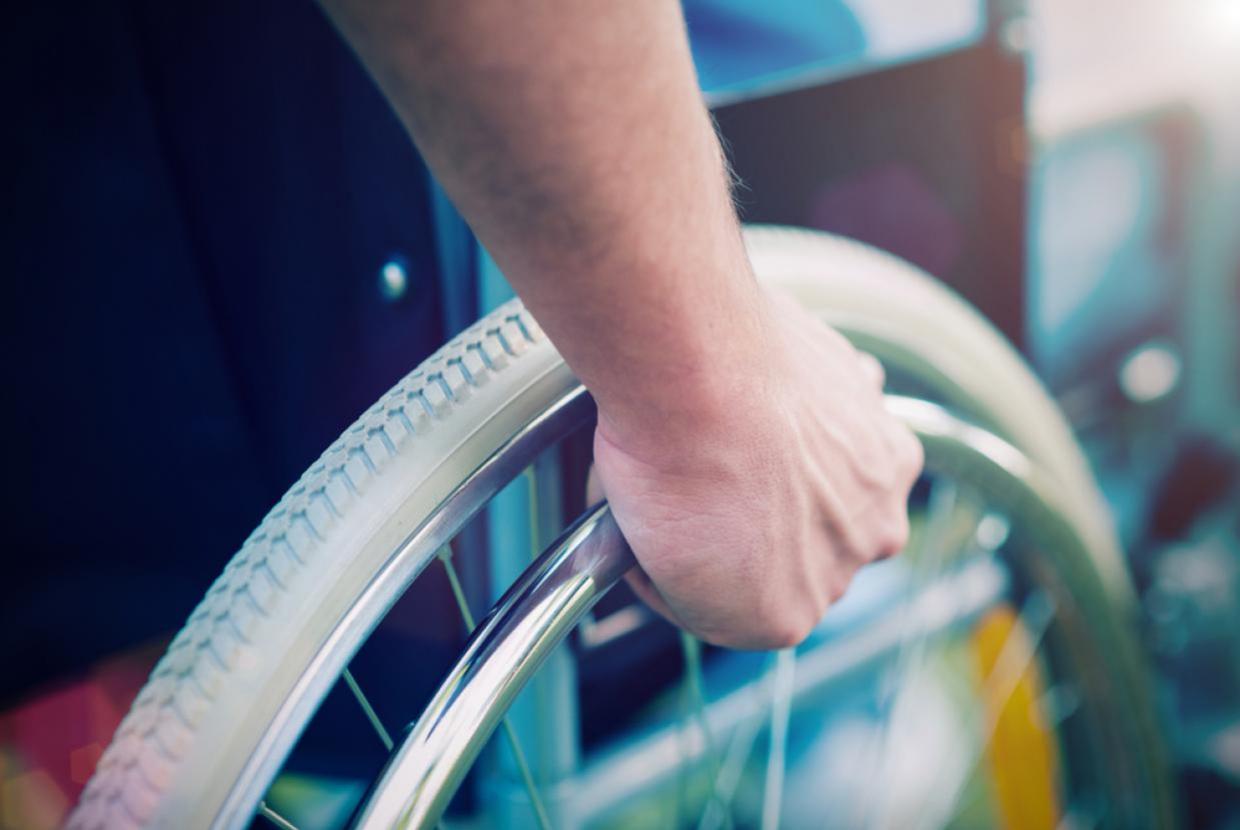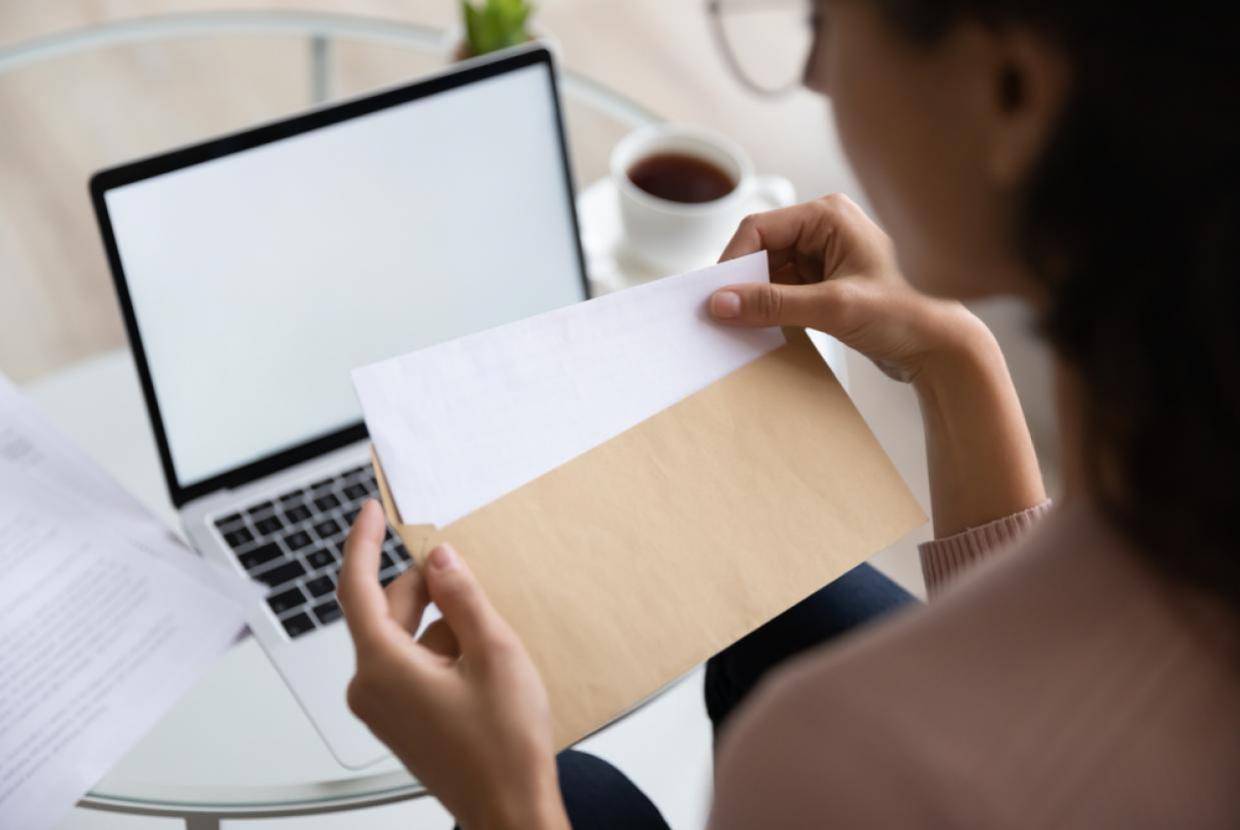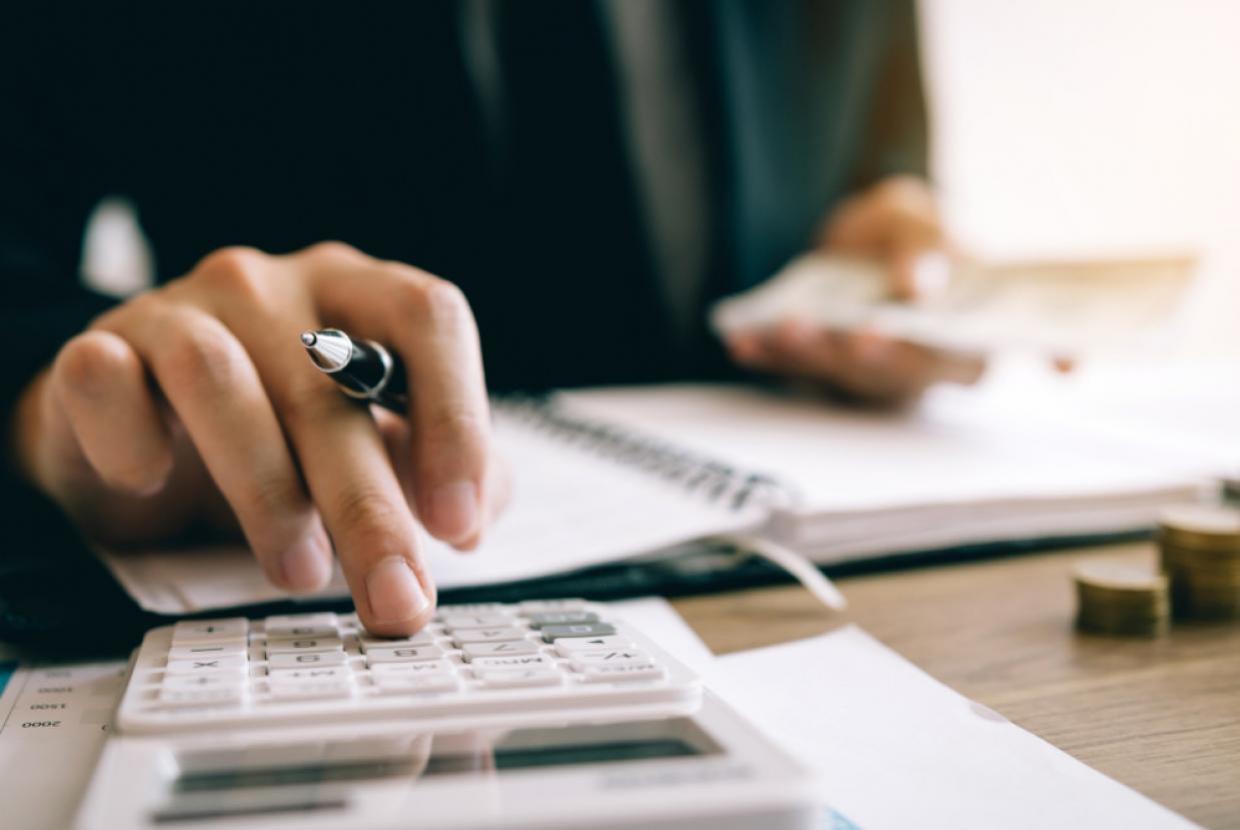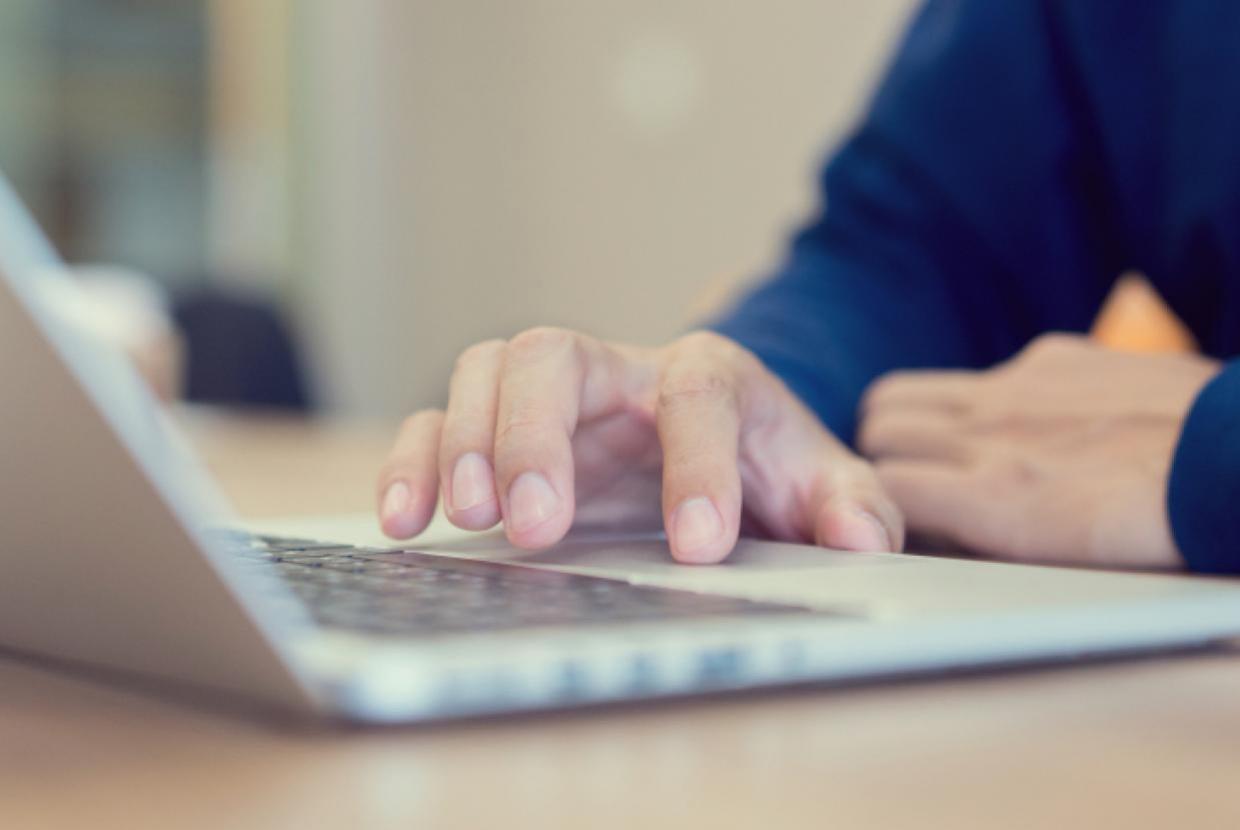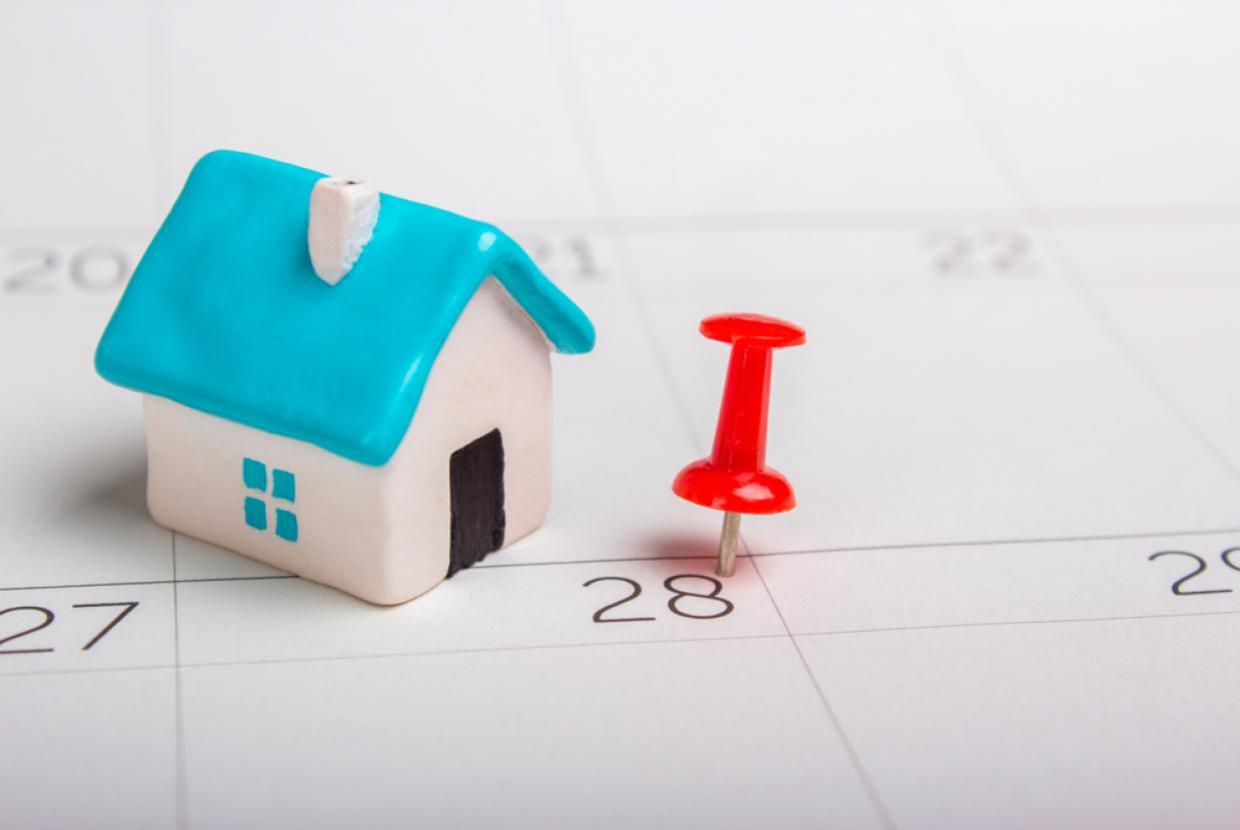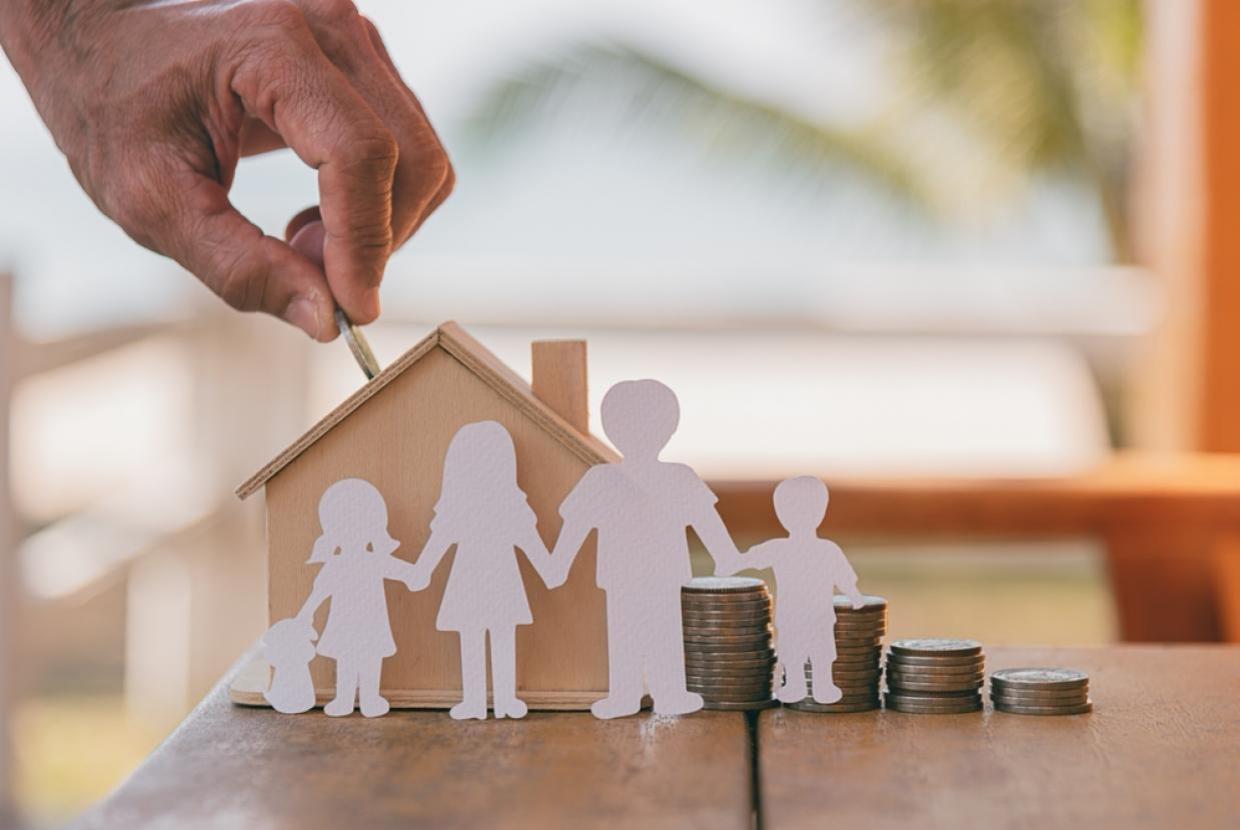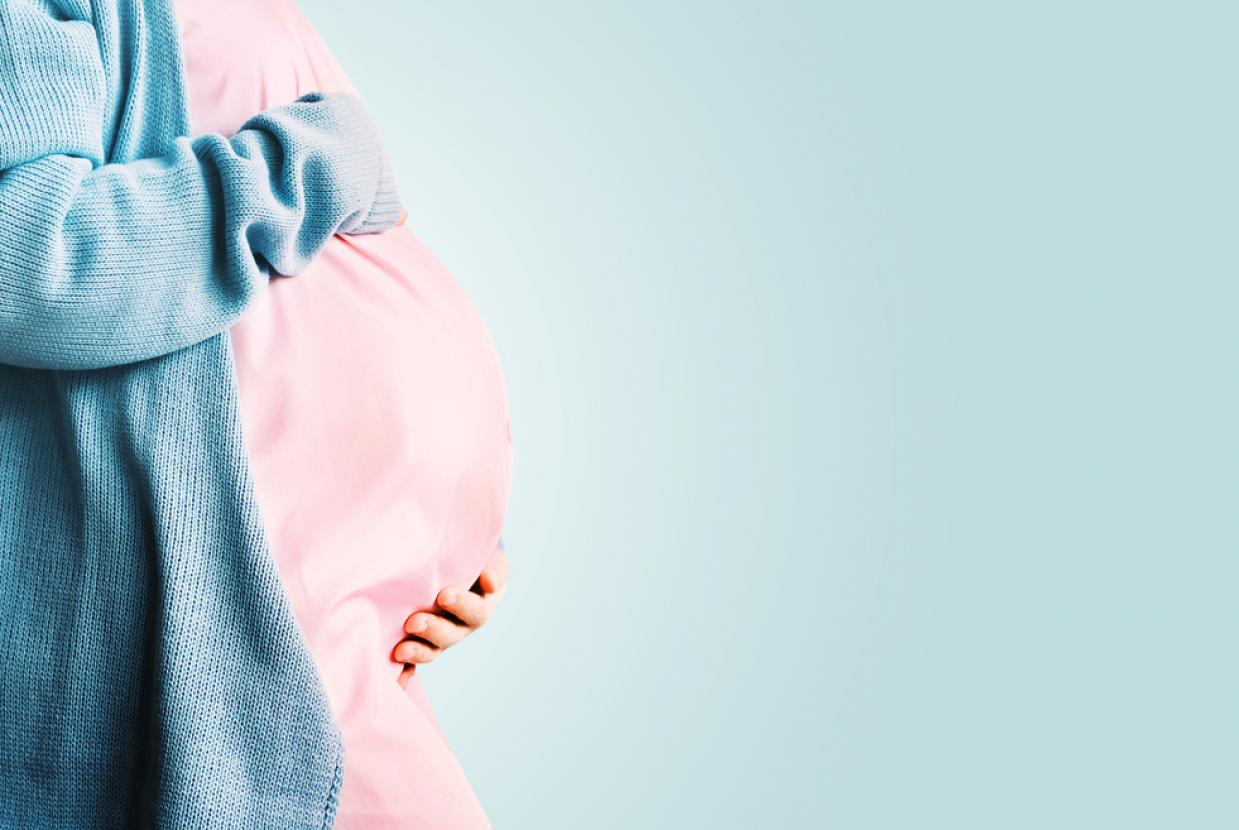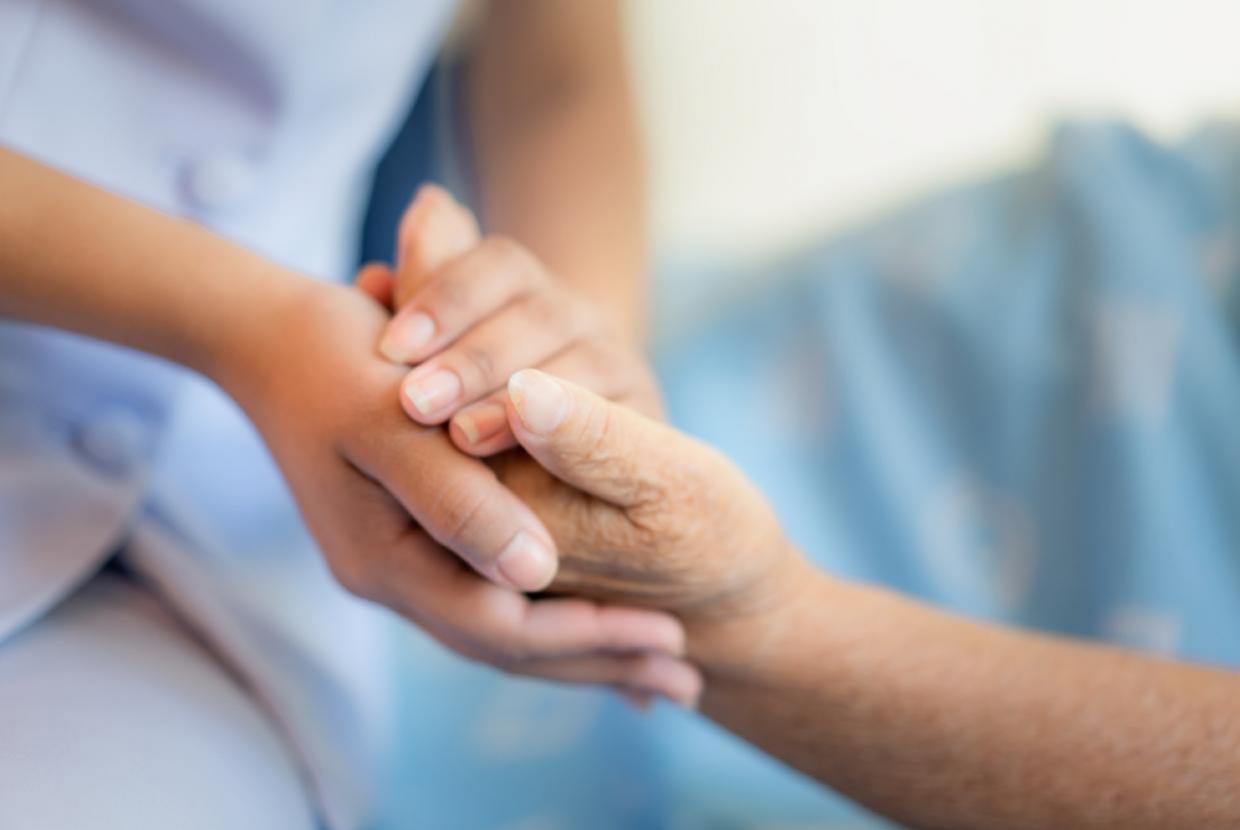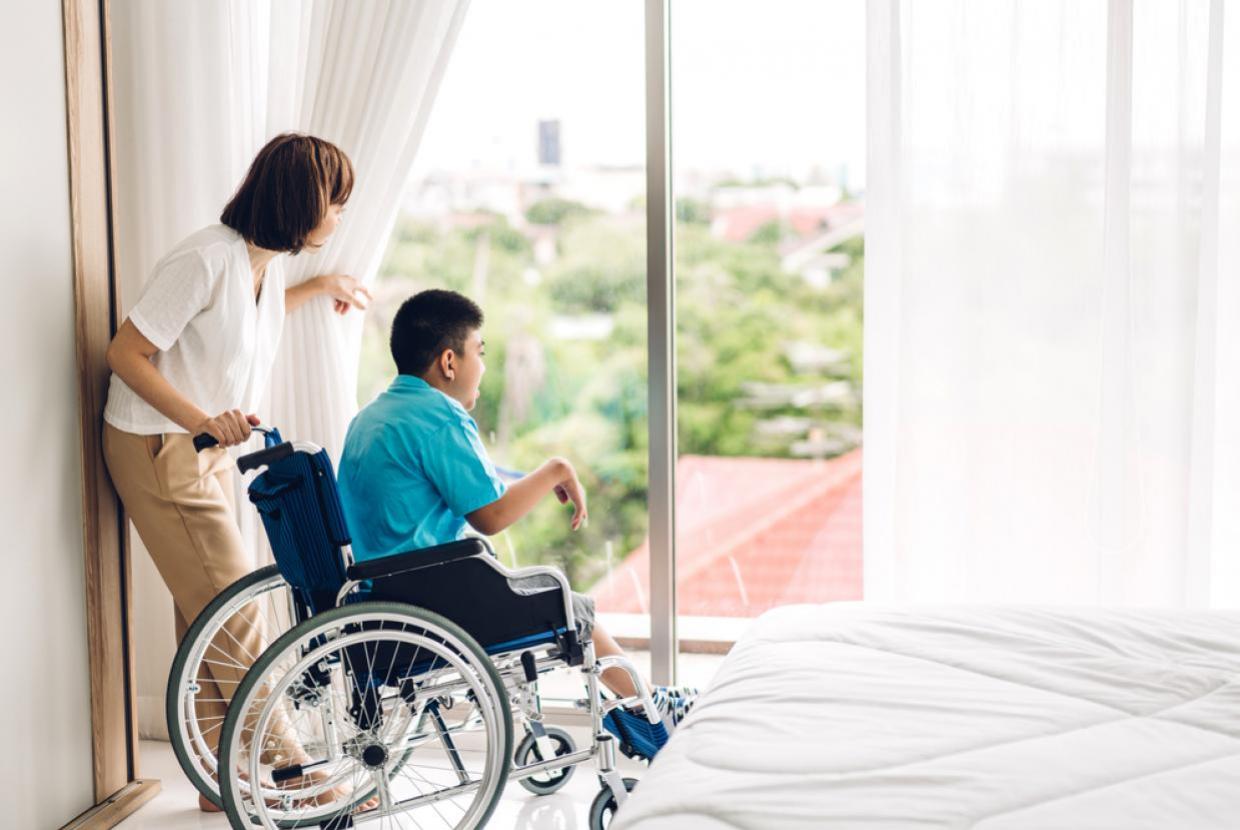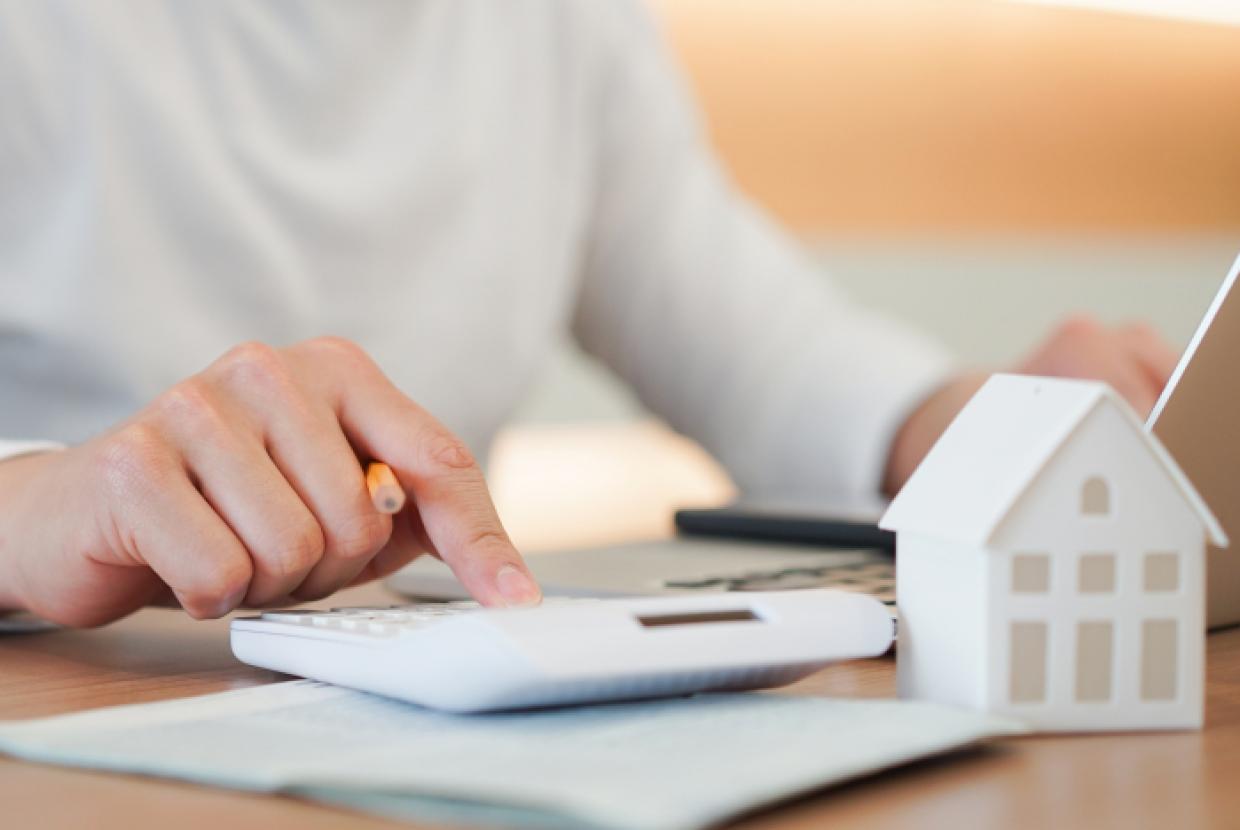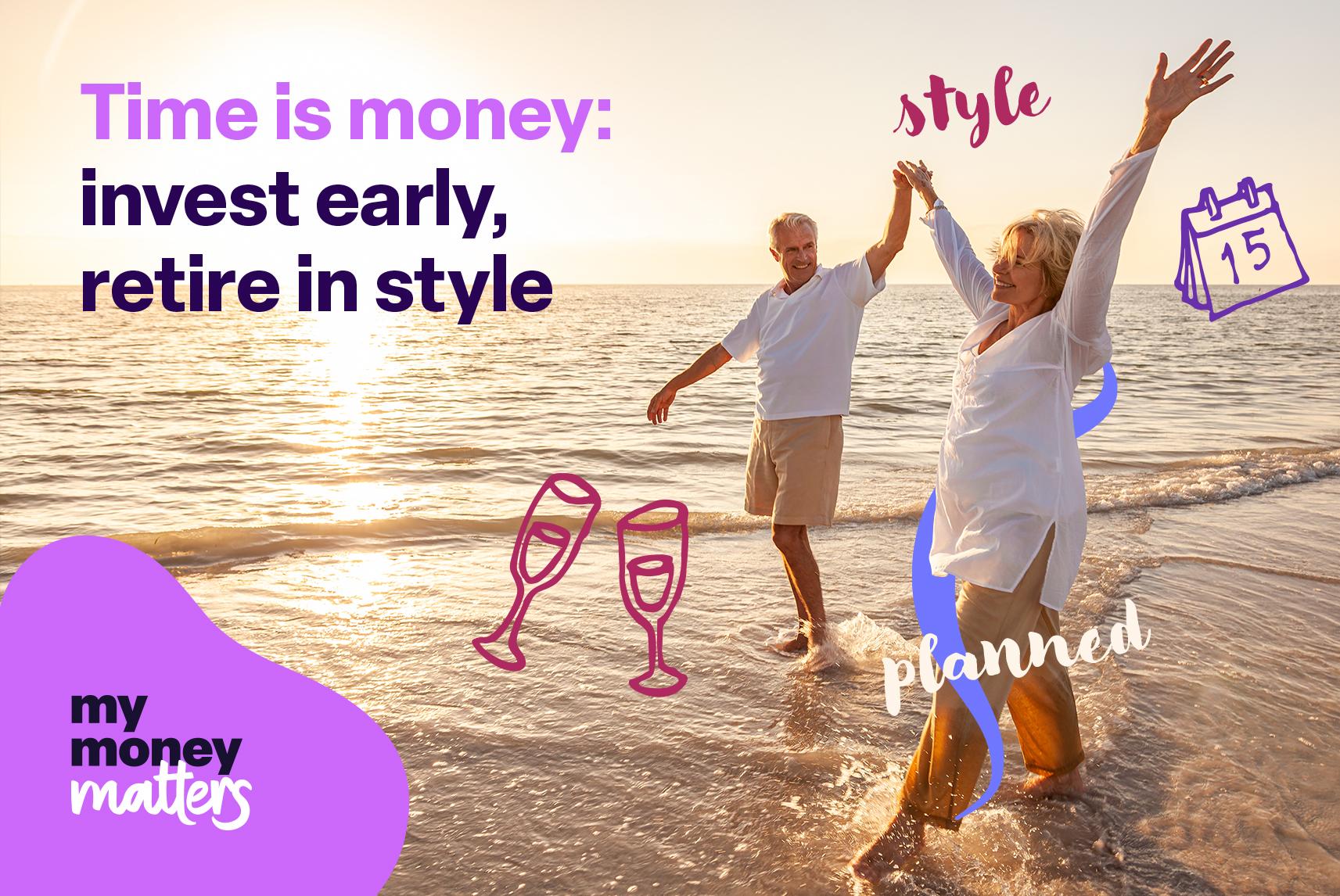Personal Independence Payment
Personal Independence Payment (PIP) and Adult Disablility Payment (ADP) is a benefit that helps people aged 16 and over with the extra costs of a long-term health condition or disability. It has replaced Disability Living Allowance (DLA) for most people. It’s important to know how to claim it and how much you might get.
What is Personal Independence Payment?
PIP in England, Wales and Northern Ireland, or Adult Disability Payment (ADP) in Scotland helps with the extra costs of disability or long-term health conditions. It’s a non means-tested benefit. So you can get it regardless of how much you earn, or whether you have savings or capital.
To qualify for it you must:
- be between 16 and State Pension age
- have had these difficulties for three months and expect them to last for at least another nine months (unless you’re terminally ill).
You can't claim ADP and PIP at the same time. You can check your eligibility for ADP on mygov.scot. If you need to make a new claim for ADP, you can find out how to apply online or over the phone on mygov.scot.
Who can get PIP?
To get PIP or the Adult Disability Payment, you must:
- Need help with everyday tasks or getting around, or both because of a physical or mental condition.
- Have needed this help for at least three months and expect to need it for at least another nine months. Unless you’re terminally ill with less than six months to live. You can start your claim within the first three months of needing help but your PIP entitlement won’t begin until the three month period has finished.
PIP and ADP when you’ve reached State Pension age
You’ll no longer have your payment reviewed when you reach State Pension age. Instead, you’ll get an ongoing payment and a light touch review after ten years.
If you’re over State Pension age, you won’t be able to make a new claim for PIP or ADP. Instead, you’ll have to claim Attendance Allowance or the Pension Age Disability Payment in Scotland.
Disability benefits for children under 16
In England, Wales and Northern Ireland you can make a claim for Disability Living Allowance for a child aged under 16 who has difficulty getting around or who needs more care than a child of the same age who doesn’t have a disability.
In Scotland you can apply for the Child Disability Payment instead for children aged between three months and 18 years.
PIP and ADP rates
Personal Independence Payment and the Adult Disability Payment are based on the level of help you need because of how your condition affects you and how able you are to do certain activities.
It is made up of two components:
The Mobility component might be paid if you need help getting about. This includes physically moving around and leaving your home. It’s also referred to as the mobility allowance.
The Daily living component might be paid if you need help with carrying out everyday activities, such as:
- preparing and cooking food
- eating and drinking
- managing your treatments
- washing and bathing
- managing toilet needs or incontinence
- dressing and undressing
- communicating with other people
- reading and understanding written information
- mixing with others
- making decisions about money
- planning a journey or following a route.
Each component can be paid at either a standard or an enhanced rate.
Depending on how your condition affects you, it’s possible to get one component or both, and either the standard or the enhanced rate. This is worked out using the results of an assessment.
Weekly rates 2025/26
- | Standard weekly rate | Enhanced weekly rate |
Mobility component | £29.20 | £77.05 |
Daily living component | £73.90 | £110.40 |
How to claim PIP and ADP
You can claim PIP by calling the Department for Work and Pensions (DWP) on 0800 917 2222. For other ways to claim PIP visit GOV.UK.
If you’re in Northern Ireland, call 0800 012 1573 or go to the nidirect website to find out more and make a claim.
They’ll then check you qualify to claim. If you qualify, DWP will send you a form called ‘How your disability affects you’. It’s important you fill in this form carefully and give as much detail as you can about your condition.
For help filling in your PIP claim form, visit Citizens Advice. When DWP gets your form, they’ll decide whether you need a medical assessment. Or they might decide to ask your health or social care worker for more information.
If you’re in Scotland and you need to make a new claim for ADP, you can find out how to apply online or over the phone on mygov.scot.
Assessments
If you need an assessment, this is usually a face-to-face consultation with an independent, trained health professional. The assessment is designed to work out what your individual needs are.
It will focus on how well you can carry out a range of activities you need to do to cope with everyday life. Visit Citizens Advice for guidance on preparing for your PIP assessment.
Failure to attend your assessment
You’ll receive a letter inviting you to your assessment which makes it clear if you fail to attend your telephone assessment your PIP claim will be ‘disallowed’.
If your claim is ‘disallowed’ you'll either need to follow the appeal process (see more on this below) or start a new claim. After your assessment, you’ll get a letter with a decision about whether you can get PIP and how much it will be.
If you get PIP, your award will be regularly reassessed to see if your condition has changed.
Help if you’re in Scotland
If you’re in Scotland and need help with your ADP application you can book a free appointment with your Local Delivery service. At this appointment a specially trained adviser can visit you at your home or at a local venue and give you personalised help with your application and answer any questions you have. Visit mygov.scot to find out more.
Moving from DLA for children to PIP or ADP
If your child is getting DLA for children (in England, Wales or Northern Ireland), or Child Disability Payment (in Scotland) then they will need to move to PIP or ADP when they reach the age of 16.
How to challenge a PIP decision
If you’re unhappy about a decision on your PIP claim, you can challenge it – but it’s important to follow the correct process.


